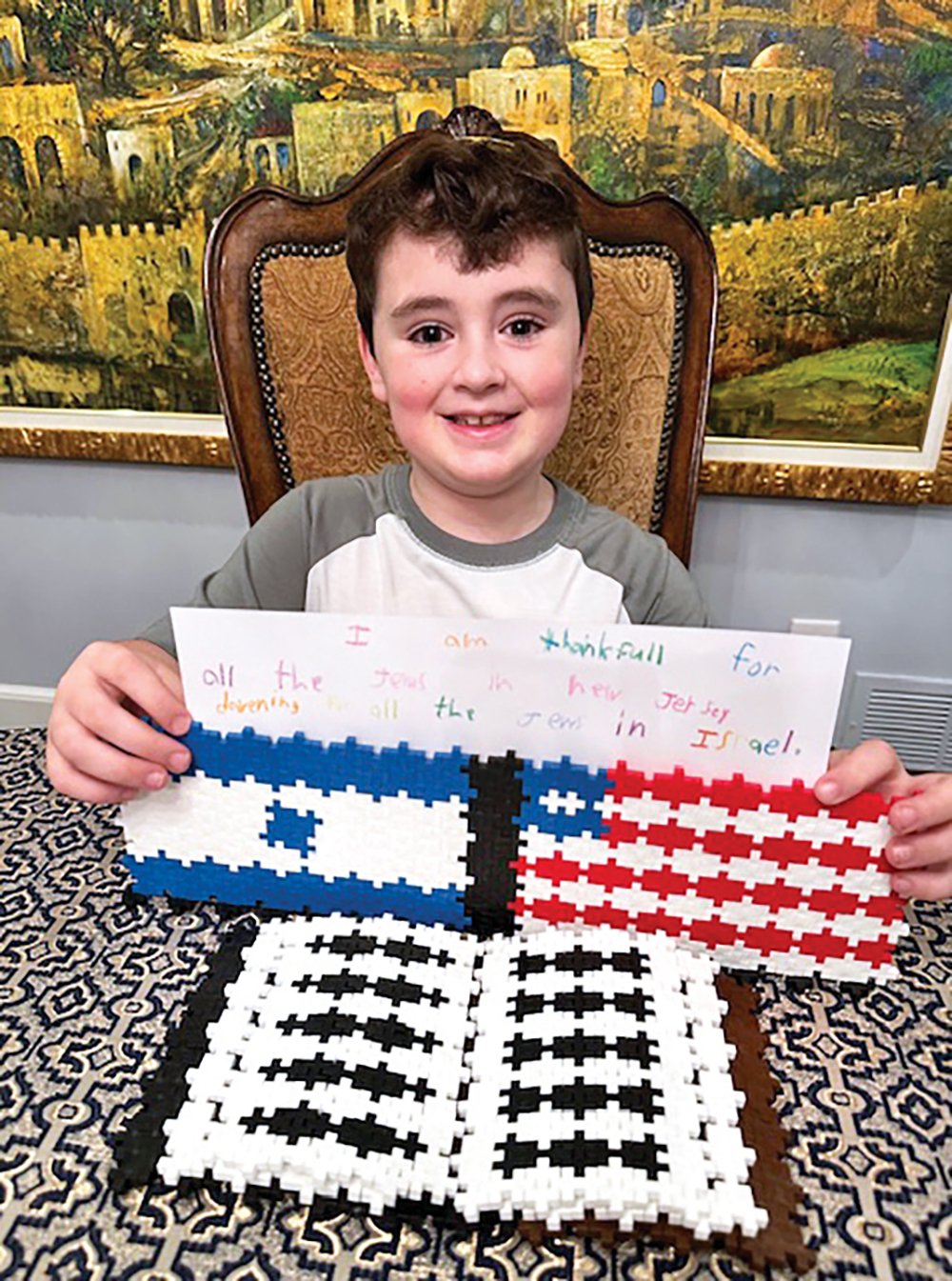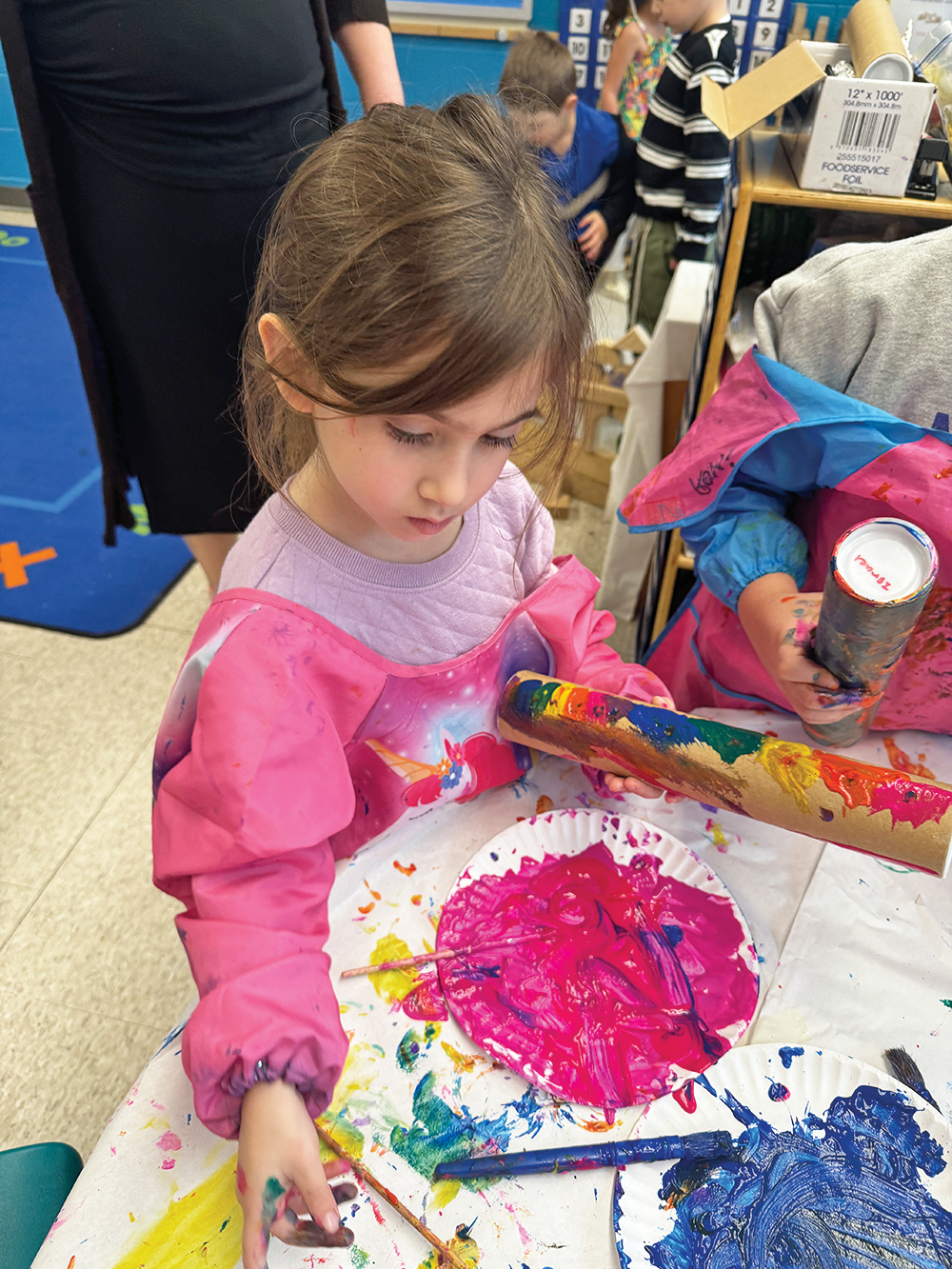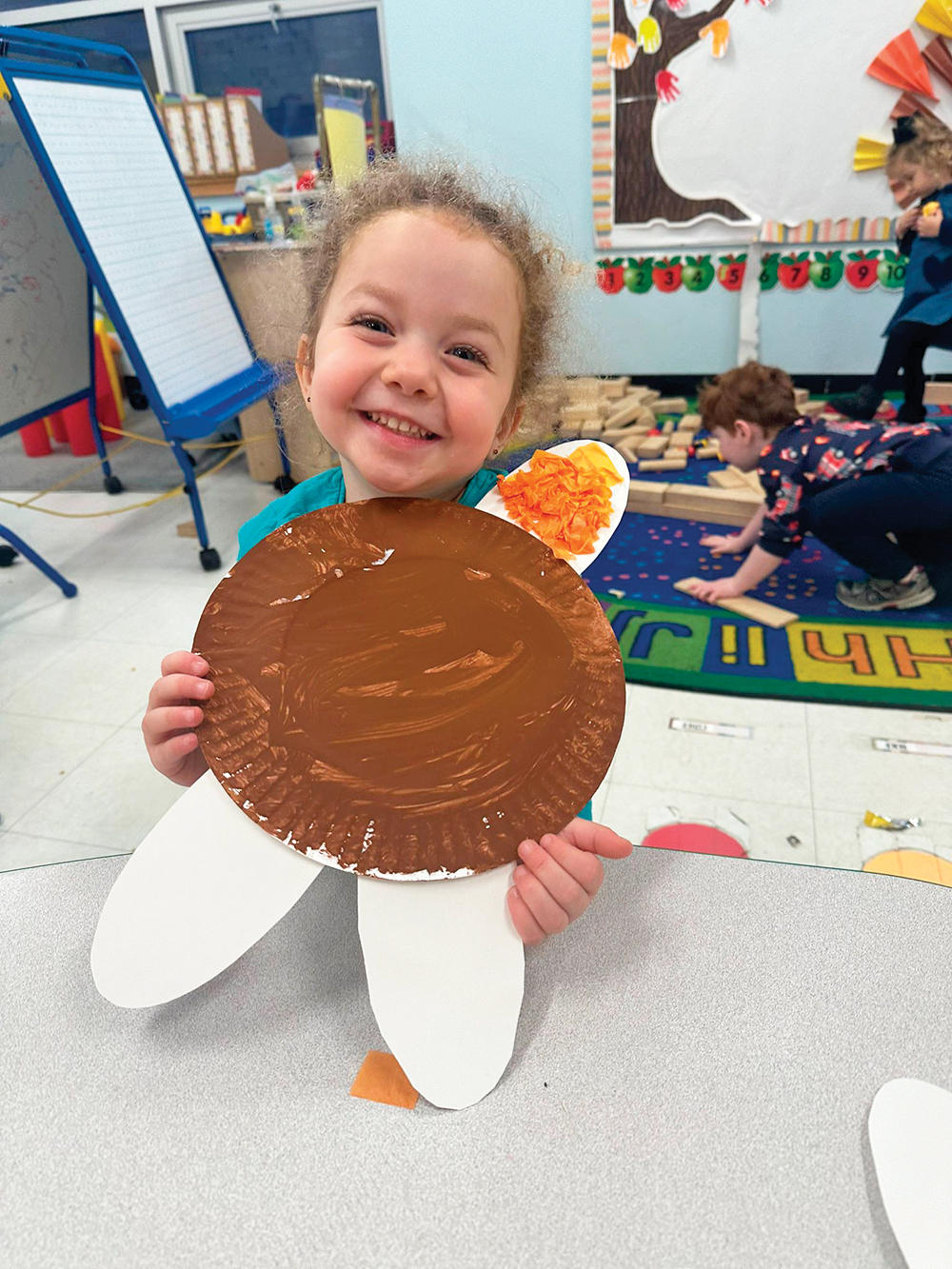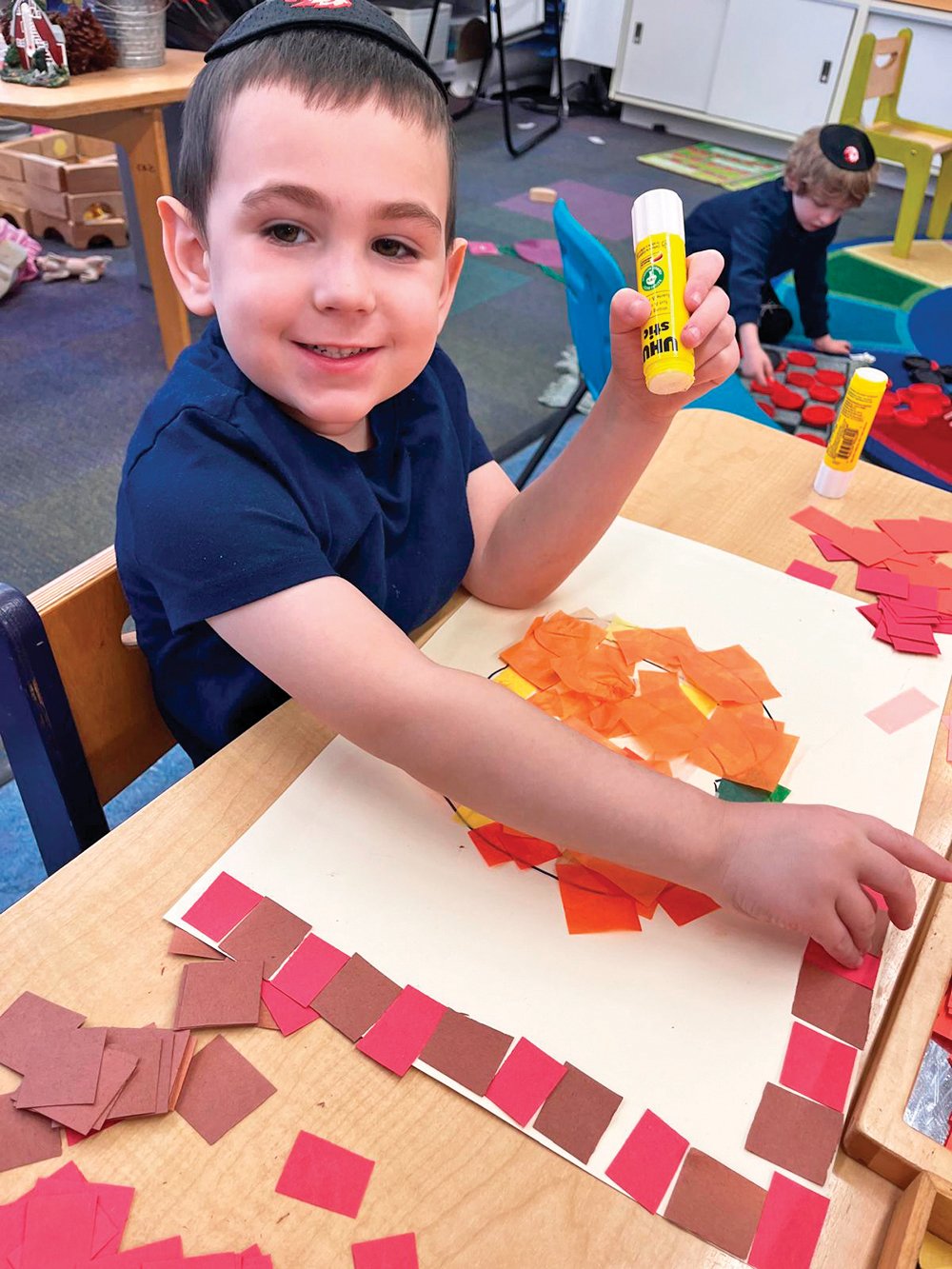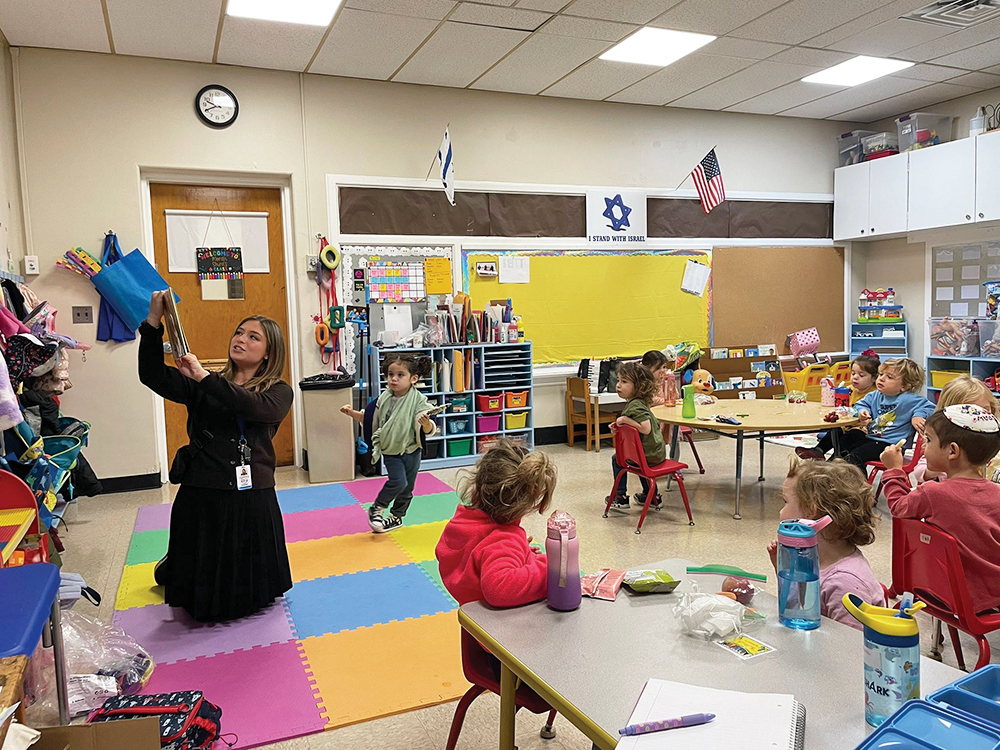Among the many concerns one has in anticipating the funeral of a parent, I always worried about what would happen if the day of my father’s funeral was one of the days–sort of minor holidays–which Jewish law marks as forbidden to engage in “hesped”–the Hebrew term used for eulogy; days such as Rosh Chodesh, which took place last week, or Chanukah, a few weeks away. Funerals on those days often occur with no speeches at all, and I worried about that, not only because of the fear of depriving my father of such honors, but specifically because of my father’s opinion on the matter. He objected to the idea of having no speeches at all, because he felt that there was an important halachic and linguistic distinction between the Hebrew term “hesped” and the English word eulogy. Drawing on his characteristic linguistic expertise, he would note that hesped, from the word “mispeid,” means to speak in a way designed to evoke tears, wailing and mourning, and that is inappropriate on days designated for happiness. Eulogy, by contrast, comes from the Greek words meaning “good” and “words,” and refers only to the saying of nice things about a person. Even if a hesped is inappropriate, he maintained, why should there be no eulogy?
So here we are today, and it’s actually not one of those days, and yet the distinction is still on my mind, because I feel like my father would still want a eulogy instead of a hesped–because the last thing he would ever want to do is to make people cry, and he had an endless love for good words. He was all about goodness, he was all about words, and the true and lasting goodness that words can do and can bring about.
He was a master of language–he actually knew nine of them–and had a deep appreciation for the power of words to educate, to inspire, to inform, to console, to gladden, to teach, to comfort, to cheer, to edify, and to elevate the world in God’s image.
He put a different spin on the dictum of the rabbis to “speak little and do much”: he did more than most of us can ever hope to do; he did many more things through speaking; and with all of his speaking, it was little compared to his doing, because he did so many things for so many people that he never spoke about.
During these difficult past few months, we in the family struggled so much with his medical conditions, striving to ensure not only that he would have the best treatment possible but also that we would take the most appropriate approaches to the issues that came up and decisions that had to be made. Of course, we wanted the approach to be consistent with Jewish law, but even within the ranges of acceptable opinions, it was crucially important to us that the steps taken do justice to his lifelong devotion to the sanctity of life, one of many topics that he committed his talents and his passions to promoting and to explaining through the prism of Jewish tradition and values.
As we strove to honor his legacy these last few months, my brother at one point commented, “maybe this is our Meshivas Nefesh.” The reference is to a scholarly work that was written by my grandfather, zl. The book was written over the course of more than 40 years and was still unfinished as my grandfather, who lived in Los Angeles, where my father was born, neared his own last months in 1981. My father, despite having his own full-time rabbinate and literary career, his own family to raise, and living 3000 miles away in New York, did what he has consistently done throughout his life. Without the slightest hesitation, he made sure that the needs of his family were tended to, with love, dignity, and splendor; in this case working to honor his father’s legacy by doing what was necessary to complete the book, to bring it to print, and then to distribute and promote it, and so much more.
No one can ever imagine, and time would not permit me to even share the little that I know if I had many hours, how much of himself he devoted to being there to provide–in every sense of the word–not only for my mother and myself and my siblings, but for each and every member of his extended family–no small task considering he was the seventh of nine children–and he did this while performing magnificent feats as a community rabbi and a world-class scholar.
All of this may not seem physically possible, especially while maintaining that famous dazzling smile of his. But that smile was actually the secret: the intense love and care and sensitivity and joy of life that radiated from within and always let you know that somehow, everything will be okay.
The title of his father’s book comes from a verse in the Book of Psalms, “Toras HaShem Temimah” – God’s Torah is perfect, that being the title of an earlier book to which this book was a commentary–“Meshivas Nefesh,” it restores the soul. The verses continue, “Pikudei HaShem Yesharim Mesamchei Lev.” The Commandments of God–his words–are straight, are good–they gladden the heart.
This verse could have been the title of my father’s life. He found great joy in the principles of the Torah, in the foundations and the values of Jewish law, ethics and commandments, and understood that by studying them, teaching them, and modeling them he could enhance the lives of others. He understood that the Words of God were straight, and that straightness was itself a source of inspiration and light, and even when those principles were unpopular and the cultures of the time pushed in a different direction he maintained that it was this very straightness that would shine through and lift others to the greatest heights; and that, as the verse continues, “mitzvos Hashem barah meiros einayim,” the clear and pure Commandments of God put the sparkle in his eyes and he could convey that to others. He would never compromise them or change them or present them as any less than they were, but place them before the world with his distinct mix of intelligence, insight, wide ranging scholarship, humanity, and sensitivity.
And what an impact he had. His first book is widely acclaimed as a classic–and it was groundbreaking. The notion of an English language book that quoted R. Akiva Eiger and Achiezer–today that is not uncommon, but when he wrote this book, it was a trailblazer. And to do so with such style, such clarity, such depth, and such range–he impressed upon the world that “Pikudei Hashem Yesharim Mesamchei Lev, mitzvos Hashem Barah Meiros Einayim.”
It is appropriate that Daf Yomi is right now in the middle of Yevamos, leading people around the world to study this Talmudic tractate together. His book, which focused on a passage from that tractate, brought its study to people around the world of such a diverse nature and with such enduring impact that it deserves to be ranked within that company.
But it was not only with such complex material that he made his mark. Nearing the completion of that book, he realized that there will be some who might not be able to appreciate or understand the rabbinic universe in which his work functioned. Therefore, in what he called a “blue streak” of effort in a very short time, he added an introduction to give some context and background to the world of Jewish law. The introduction became a classic in its own right, and has its own legacy; in the words of one renowned educator who wrote to me last night, “it was and remains one of the very best introductions to the history, mechanics, and integrity of Torah SheBa’al Peh.” It became the first address on the journey of so many in their Torah experience; I was assigned it as a reading as a high school student, my wife studied it in high school, my brother did, and so did so many others.
The verses we have mentioned also contain the phrase “Edus Hashem neamanah”–The testimony of God is faithful. He gave faithful testimony to God’s word, often in the literal sense, traveling to Rome, to Washington, to Albany, and around the world, to present the clear, straight, and enlightening “pekudei Hashem” to so many near and far, young and old, academic and unlearned alike.
He would continue on this path to become a world recognized expert on many topics, particularly in the realm of medical ethics, devoting himself passionately to defending the sanctity of life as God’s greatest gift, ultimately putting his message to paper in his cherished final volume, entitled “Where There’s Life There’s Life,” which, in his last few weeks, guided us and held our hands even when he was no longer able to talk to us directly.
When he passed away Friday morning, I was finishing davening shachris a few blocks away, with a particular intensity as the moment demanded. I found myself focusing particularly on the phrase, “Vayevarech David es Hashem L’einei kol HaKahal.” “And David blessed God in front of the whole congregation.” It struck me that this is what my father had done his entire life: he blessed God and His word in front of the whole world, his figurative congregation around the globe, and his more literal congregation at home.
And that congregation was so very precious to him. He passionately believed in the rabbinate as a calling, as one of the noblest ways to spend a life, and could not understand how anyone would treat it otherwise. He considered its every challenge an opportunity and its every demand a glorious mission. I somehow managed to grow up in a rabbinical home without realizing there was anything not to be loved about going into the rabbinate (until it was too late).
In this, as with all of his life’s work, he found the most magnificent partner in my mother. He looked long and hard to find the right one, and I and my siblings are eternally grateful to El Al for providing a venue for a Californian living in New York coming back from Israel to meet a woman from London.
My mother perfectly matched his values, bringing in the same purity of motive and devotion of spirit to the rabbinate, setting aside any personal needs to serve community and family with compassion, wisdom, modesty, and the same endless capacity to give, to care and to love. If these last few months were hard on us, they were hardest on her, but she attended to all of my father’s needs with both tenderness and tenacity, devotion and determination, whatever the moment needed.
Together, they made it their highest priority to create a home for us that was nurturing and conducive to all of the values that they modeled as much as they taught: The home is meant to be a place of kindness, of giving and hospitality, learning and teaching.
My father always made it clear how much he valued our Torah education. As a young child, when I would spend time on my many hobbies, he would gently ask me, “vHaTorah, mah tehei aleha? And the Torah–what will be of that?” As I got older, and others my age were earning money during the summer, it was a given that I would be learning during the summer; and even if it was a choice between a learning program that cost money and one that was free, his answer was clear: wherever you would learn better. Later on, when I published my own books, I was able to do so only because he tirelessly slaved over every word, checking its grammar and consistency and saving me from many embarrassing mistakes.
As much as he loved learning, he read those pages because he loved me, and it was his boundless love for all of us that rose up even above all of his other incredible qualities. So that even while he was so many people’s favorite rabbi, author, lecturer, husband, brother, son, grandfather, cousin, uncle, or nephew, none of that got in the way of his being an unparalleled, fantastic father.
My father loved words and he loved goodness and he loved good words. He truly believed that “Toras Hashem Temimah,” that God’s perfect Torah restores the soul. The word “Temimah” can also connote innocence and simplicity, and he somehow managed to embody those qualities as well within a brilliant and scholarly mind. He was a model of humility and modesty, and at the same time he was able to graciously appreciate a compliment and take pride in the good things in which he was involved; he happily embraced all good words.
My wife commented to me a number of times in these last few weeks, when he was not fully communicating, how nonetheless his pure midos, his personal qualities, would continue to shine through; how he could continue to convey sensitivity and compassion even when he wasn’t talking.
In those weeks, his basic essence stayed the same even when he was so physically limited, and it would come out in the few words that he was able to say. When doctors and nurses tried to get him to say how he was feeling, sometimes he would be able to get out two words: “Baruch HaShem.” Whether or not they understood the language, he continued to bless God in front of every congregation he had, however small it was.
The last clear word he said to me was a few days ago, when his basic attitude towards the life he lived and the work he’d been involved in and the family he was a part of persevered through all of this pain. “Daddy,” I asked, “how are you feeling?” He managed to say one word, his standard response from easier times: “Wonderful.”
The Talmud teaches “Ashrei mi Sheba lkaan vtalmudu byado.” It is speaking of one who reaches the point of transition between this world and the next, and is able to bring with him his “Talmud,” his learning. The commentary of Rabbenu Channanel notes it is not a reference only to learning, but to learning that was realized by action: to good words that lead to equally good deeds.
But Daddy, how should we translate the first word of that passage, “Ashrei”? Some may translate it as “happy,” maybe you would. Today, none of us here can use that word. But it can equally be translated as fortunate, and the good fortune that you always appreciated, even when it wasn’t so obvious, is all of our good fortune. That your good words and your good deeds inspired us and taught us, directed us and comforted us, educated us and uplifted us, is the endless good fortune you have left us with.
When we seek to learn and to teach, to help and to care, to cherish life, truth, and the straight and enlightening words of God, and to raise our families in your model, it will be your magnificent legacy speaking; and it will mean that your beautiful soul will be ever bound in the bind of life, and as you put it in your book, “that is everything.”
By Rabbi Daniel Feldman



